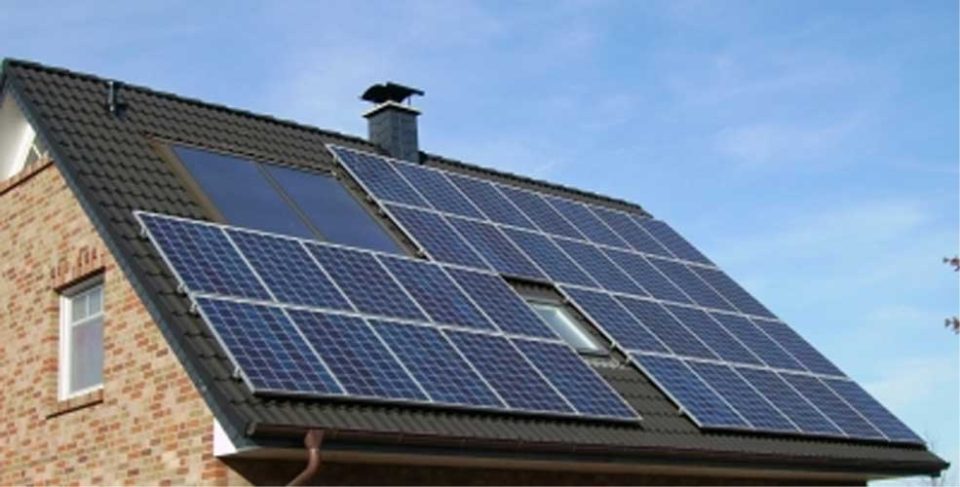United Nations, Nov 26 (IANS) While nations discuss global warming in the world body’s conference complex at its headquarters, the Gandhi Solar Park on the roof powers their meetings.
A symbol of India’s commitment to fighting global warming, the 50 kilowatt set up was a gift from the nation in 2019, the 193 solar panels in the park represent each of the UN members.
Taking its dedication to clean energy globally, India has taken initiatives to help spread the use of solar energy, a key source of alternate energy to polluting power generated with fossil fuels, from the UN headquarters to the tiny Pacific island nation of Tuvalu.
India launched the International Solar Alliance (ISA) in cooperation with France in 2018 with the ambitious ‘Towards 1000’ plan to generate $1,000 billion of investments by 2030, while delivering clean energy access to 1,000 million people and installing 1,000 gigawatts of solar energy capacity by 2030.
From the US to Fiji and Botswana to Norway, 116 countries have signed on to the Alliance with 95 of them ratifying the agreement to become full members.
The ISA works with international development banks and the private and public sectors to attain its goals.
One of its goals is ‘One World, One Sun, One Grid’ — transmitting electricity produced by countries with lots of sunshine to other countries.
It provides assistance to several Global South countries, especially in Africa, in training, planning and helping find finance and implementing projects.
ISA holds consultations with member countries to ascertain their needs and to find ways to meet them.
One of the outcomes of consultations was finding there was a need for 2.7 million solar-powered water pumps, which it is helping fulfill.
ISA’s activities range from setting up solar parks and rooftop generators to finding finance and managing waste from batteries.
Another initiative though the India-UN Development Fund has projects with an outlay of $3 million covering four clean energy projects and three climate action projects with a $3.2 million budget.
The projects under the Fund go beyond clean energy generation to meeting the challenges of climate change.
One project with seven tiny Pacific island nations vulnerable to weather-related disasters — recurring cyclones, droughts and floods — helps them deal with these crises by training people and providing material assistance like automatic weather stations.
An unusual project of the Fund was to install solar panels on the official residences of heads of state of 11 Pacific island nations as a way to highlight the importance of solar power and demonstrate its use.
In Cameroon, the Fund participated in a ‘Solar Mamas’ project, bringing women to India to be trained in setting up and maintaining solar power equipment that were installed in villages as part of clean energy programmes.
The clean energy projects in that country also included providing efficient stoves for cooking made with local materials and biodigesters for producing biogas briquettes.
In Mali, the Fund set up borewells with solar pumps and a water distribution system.
